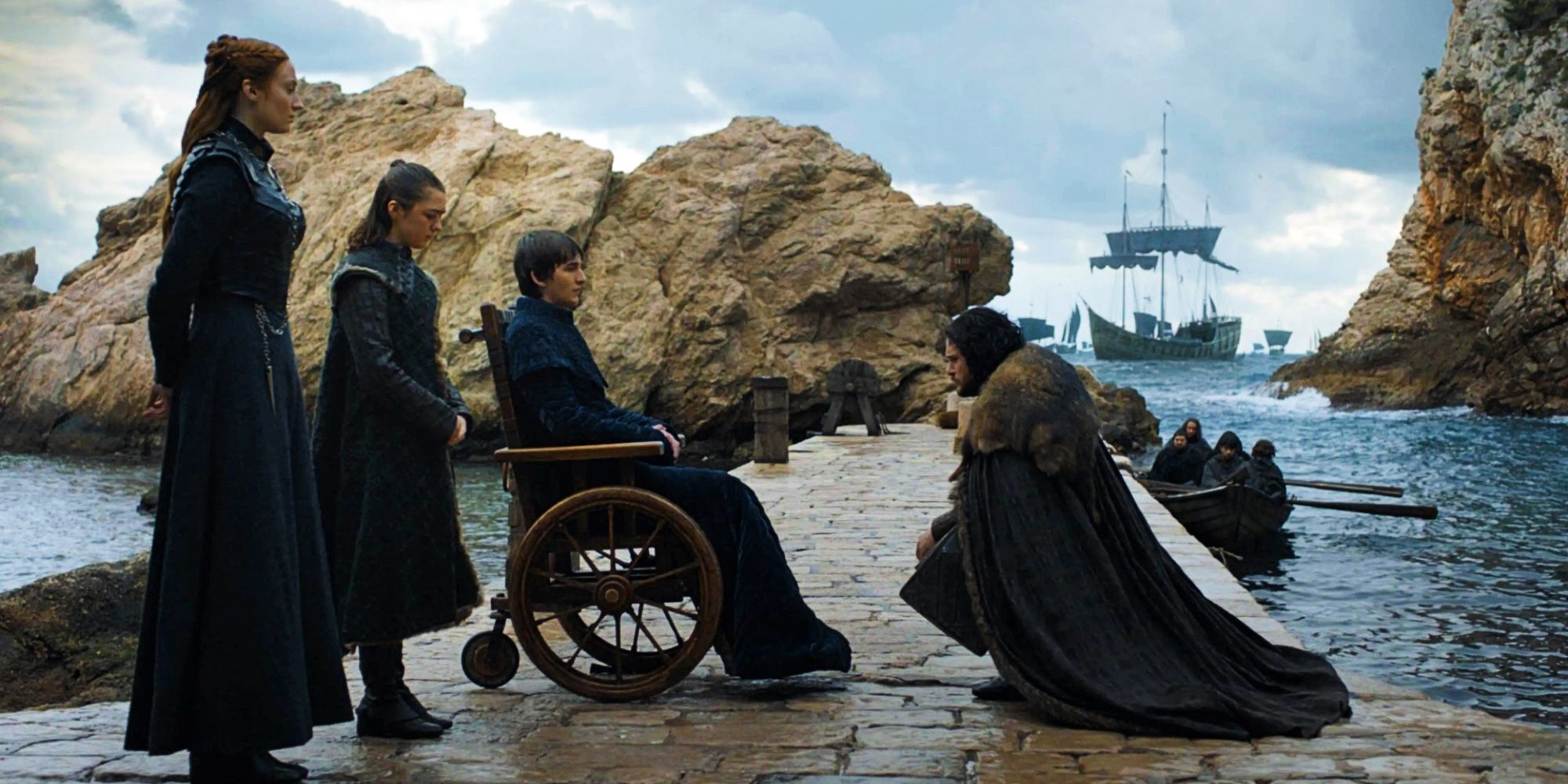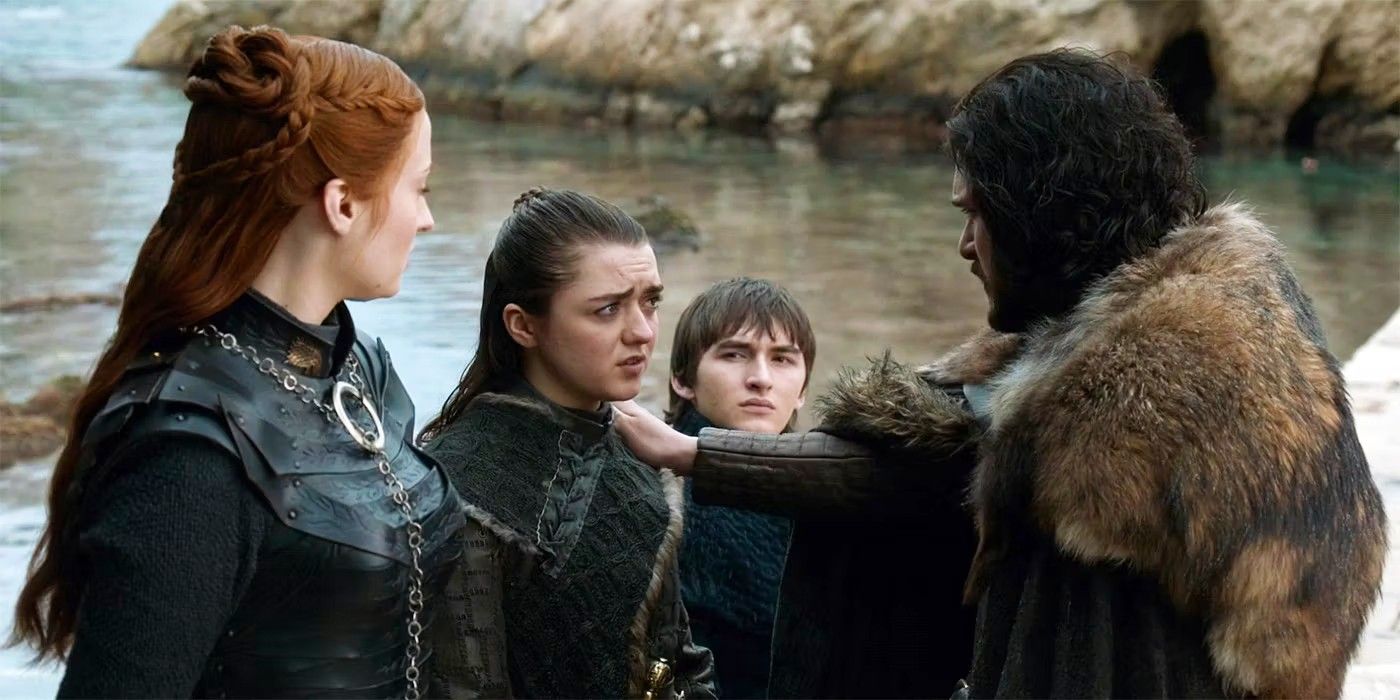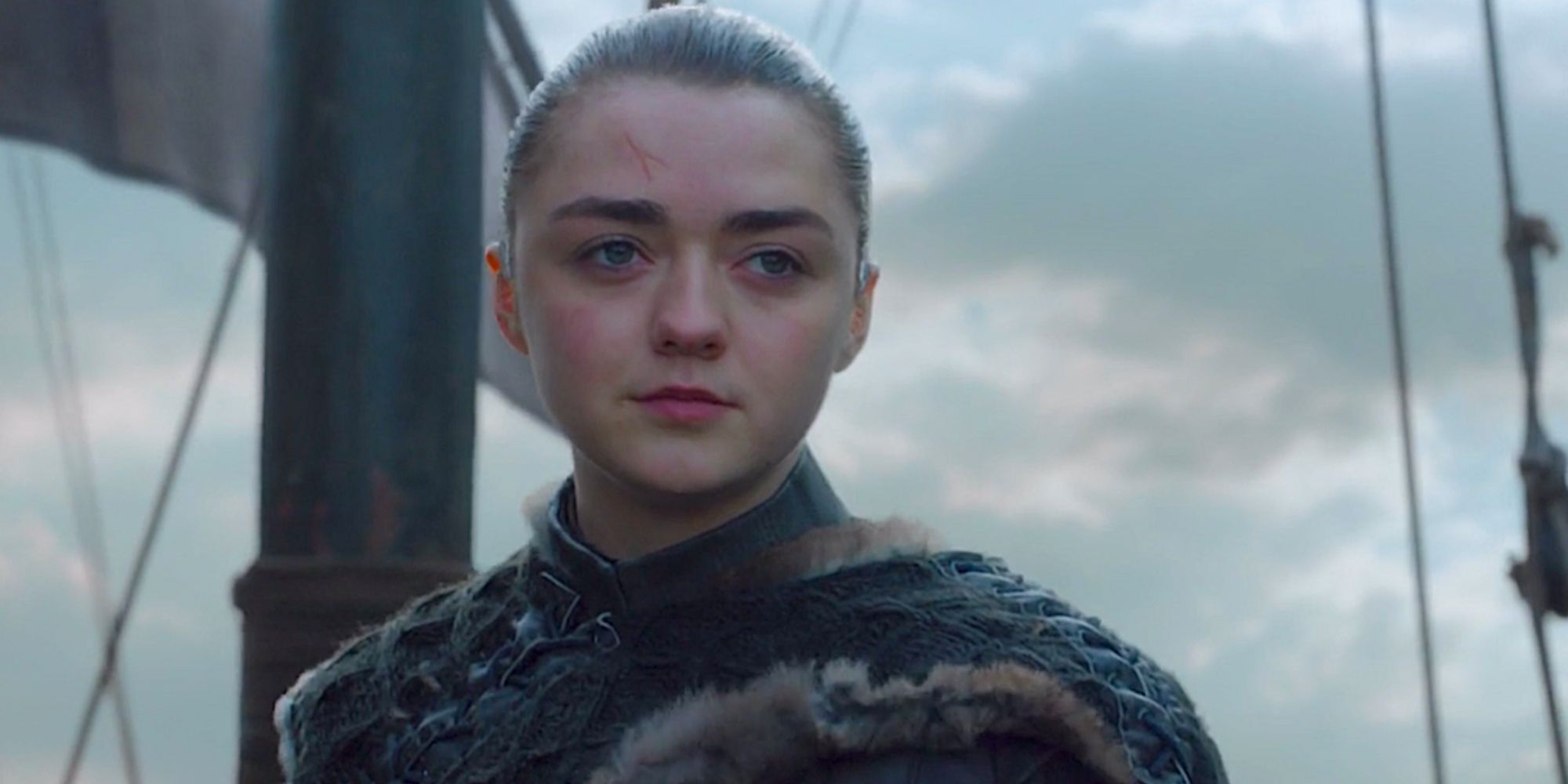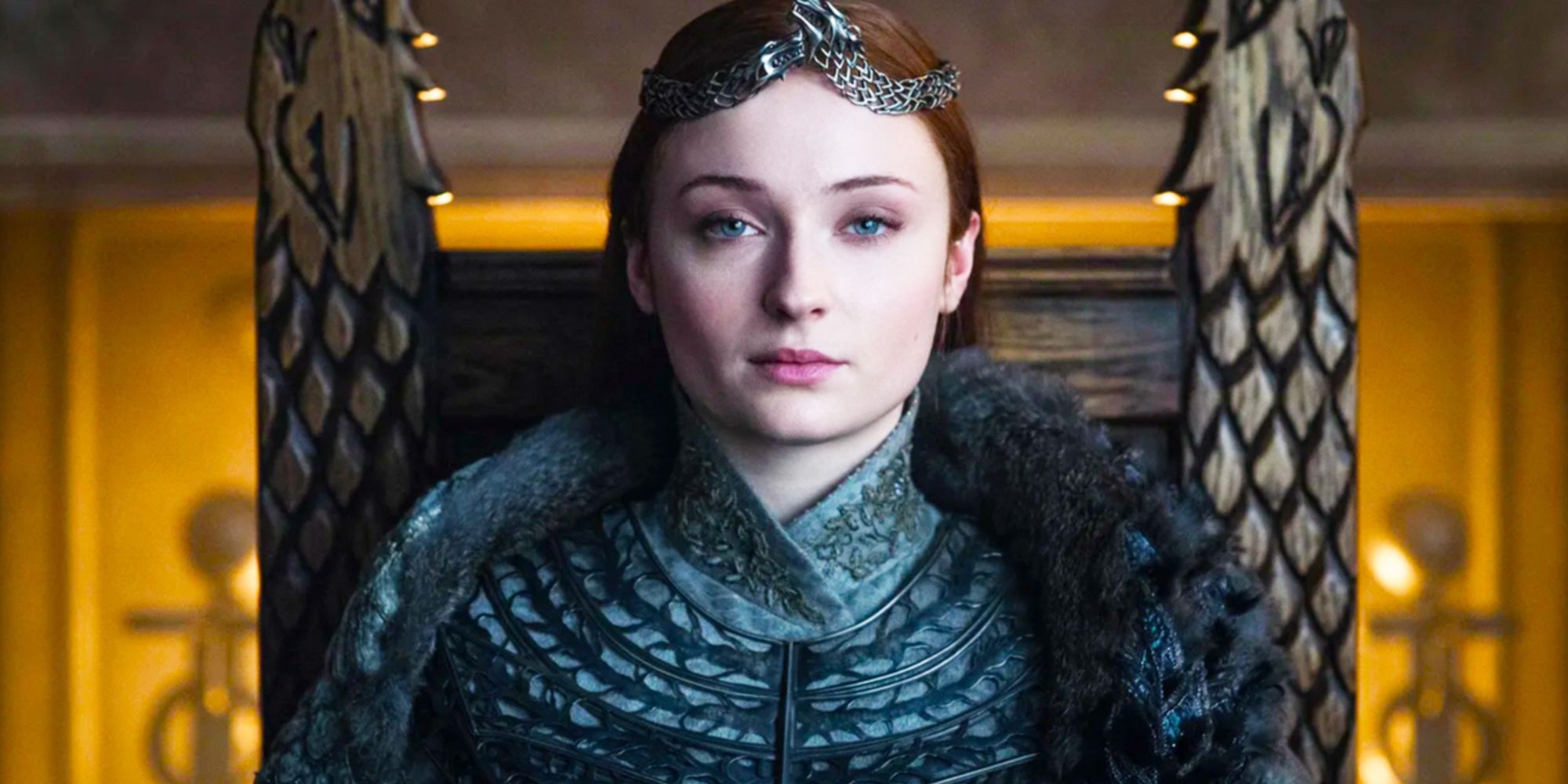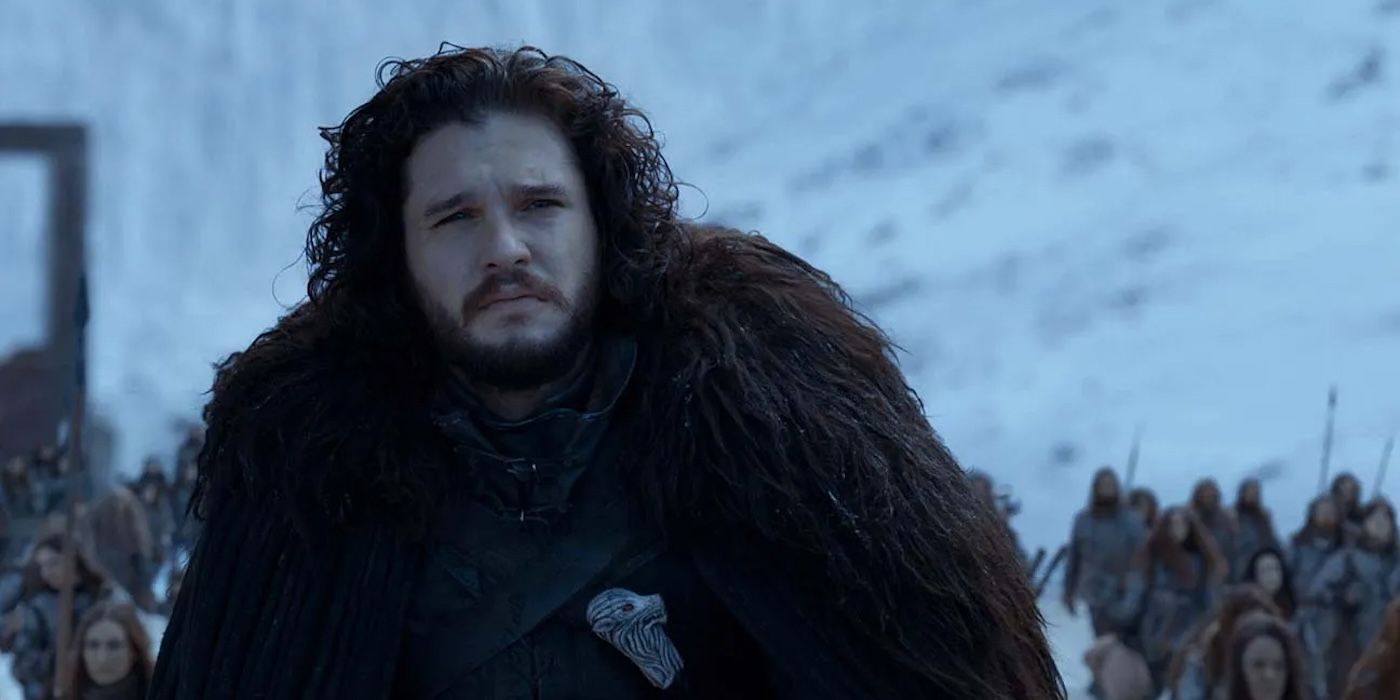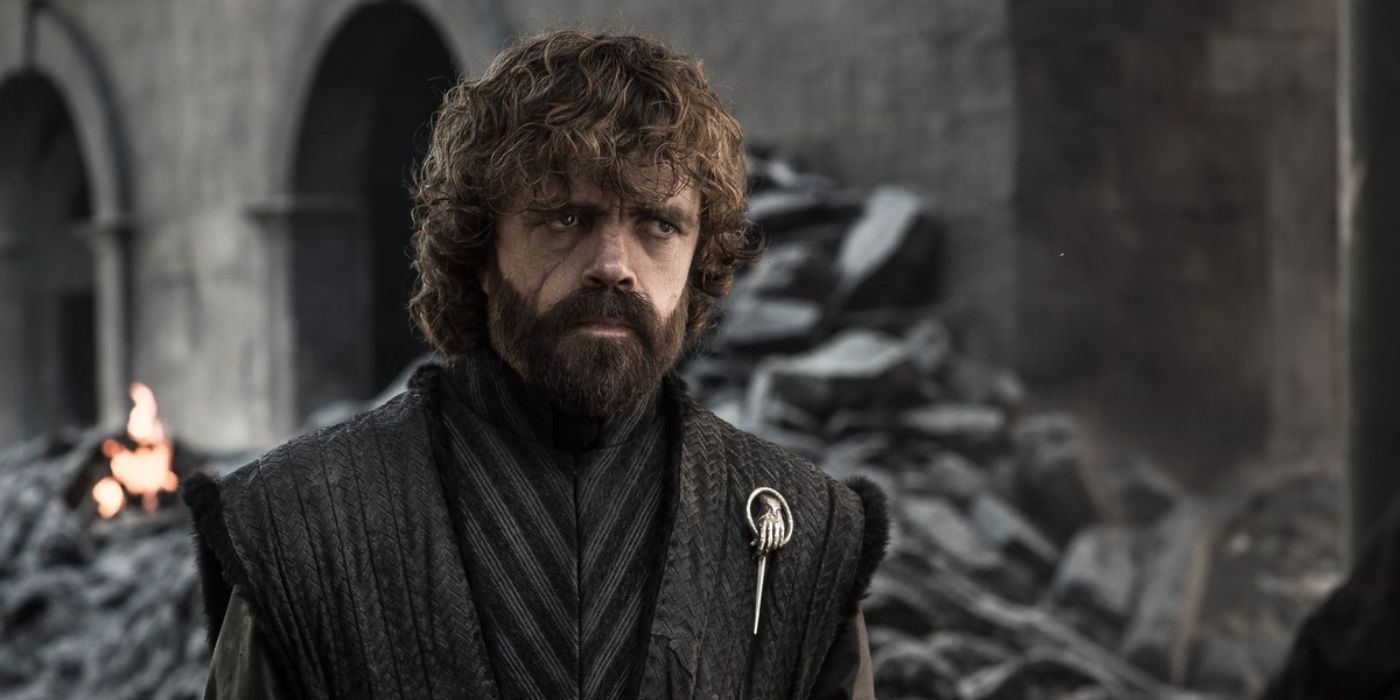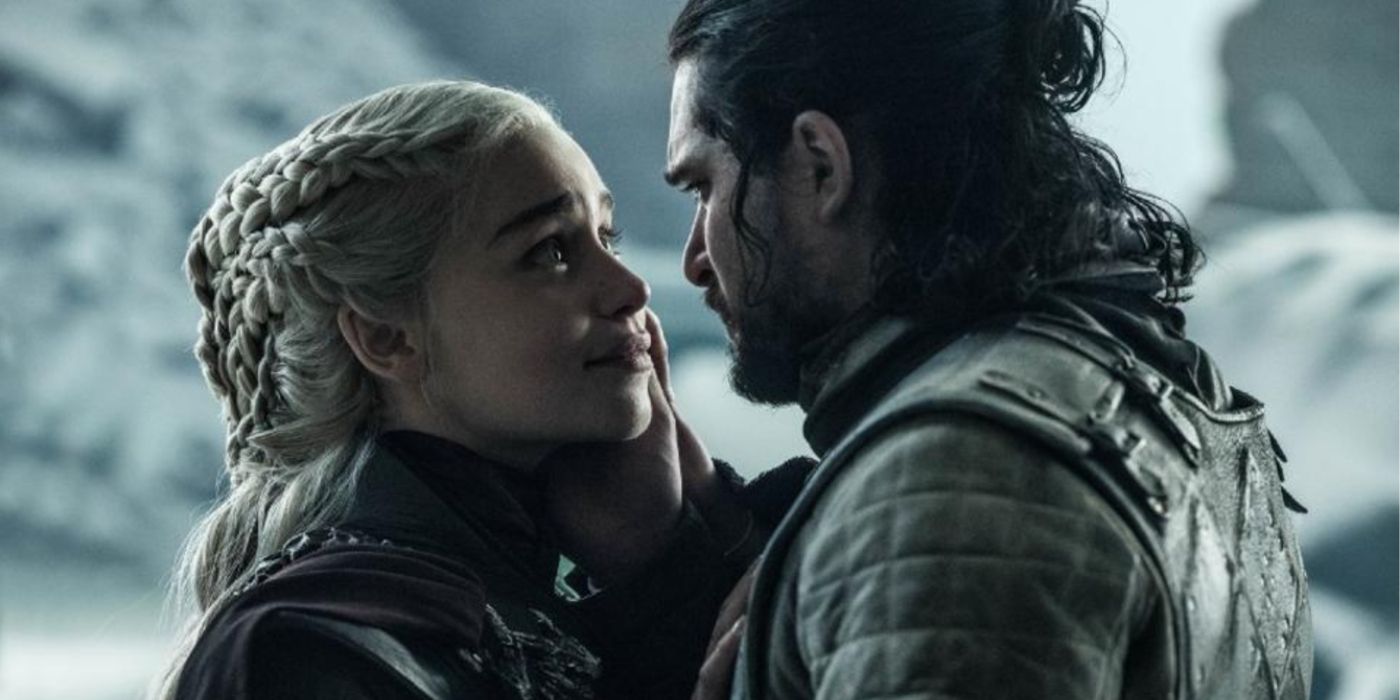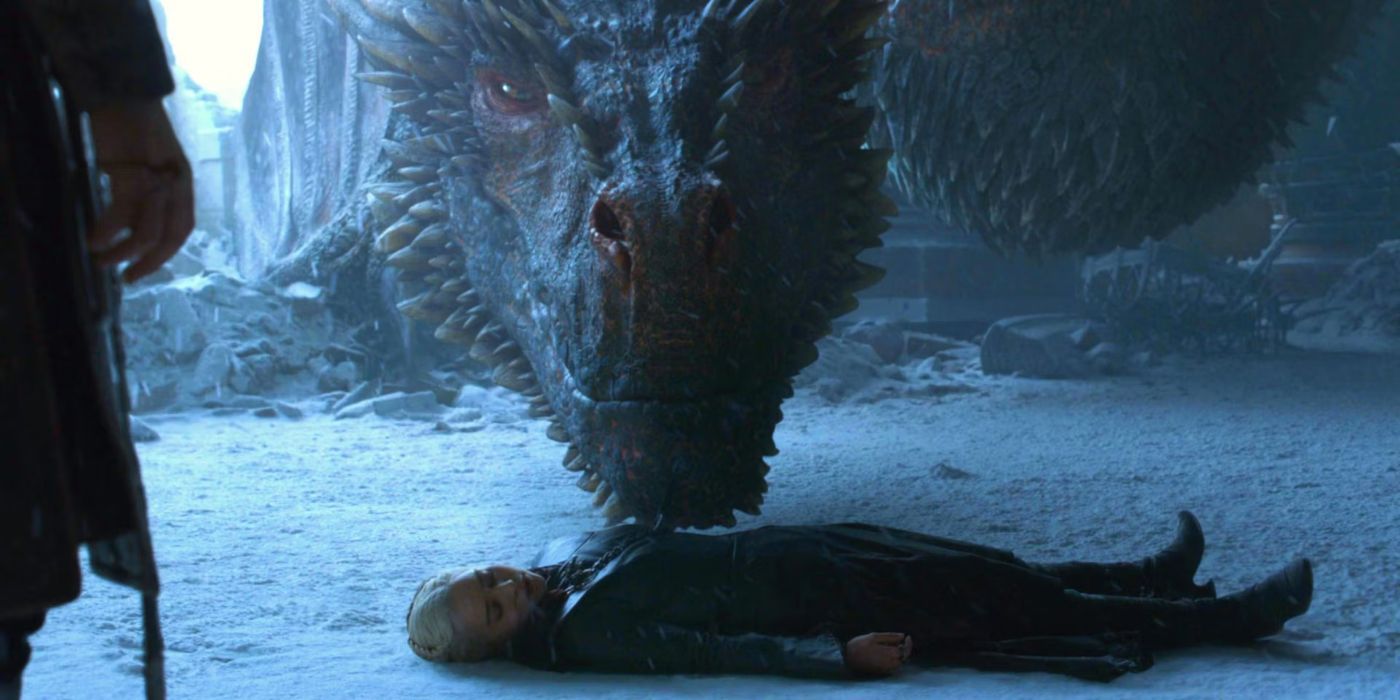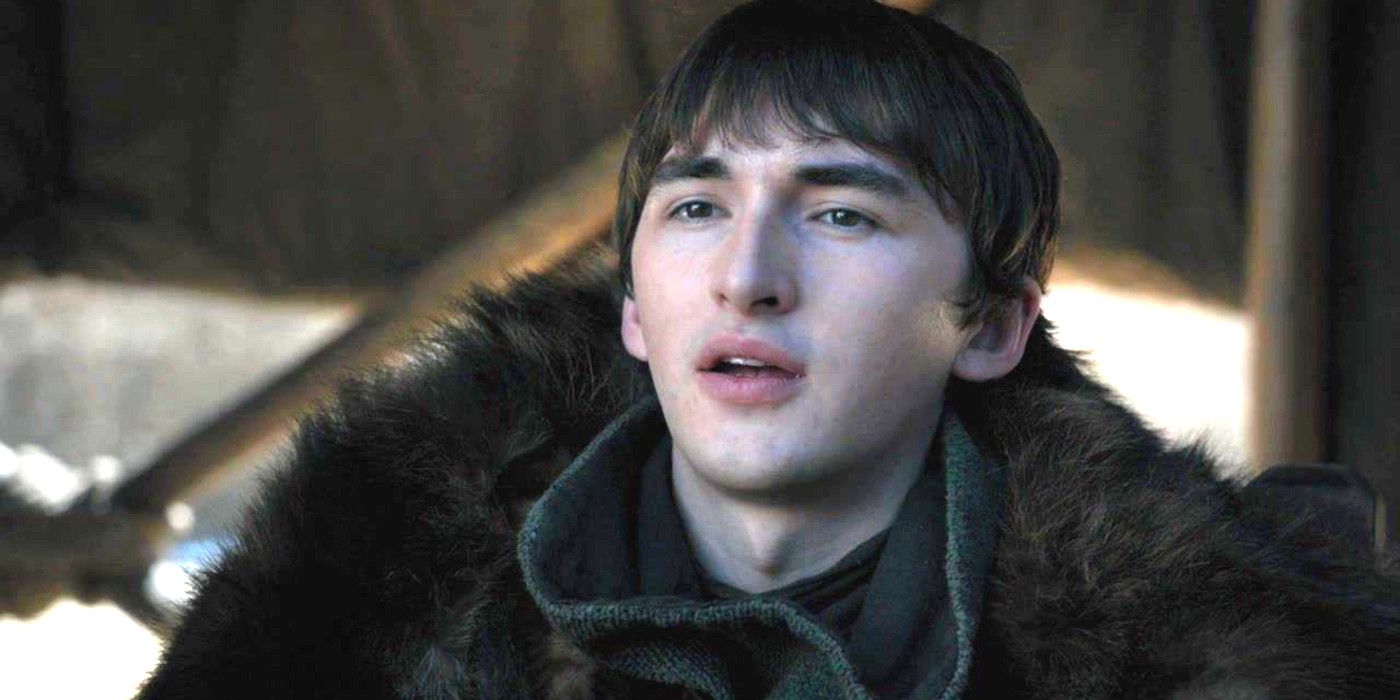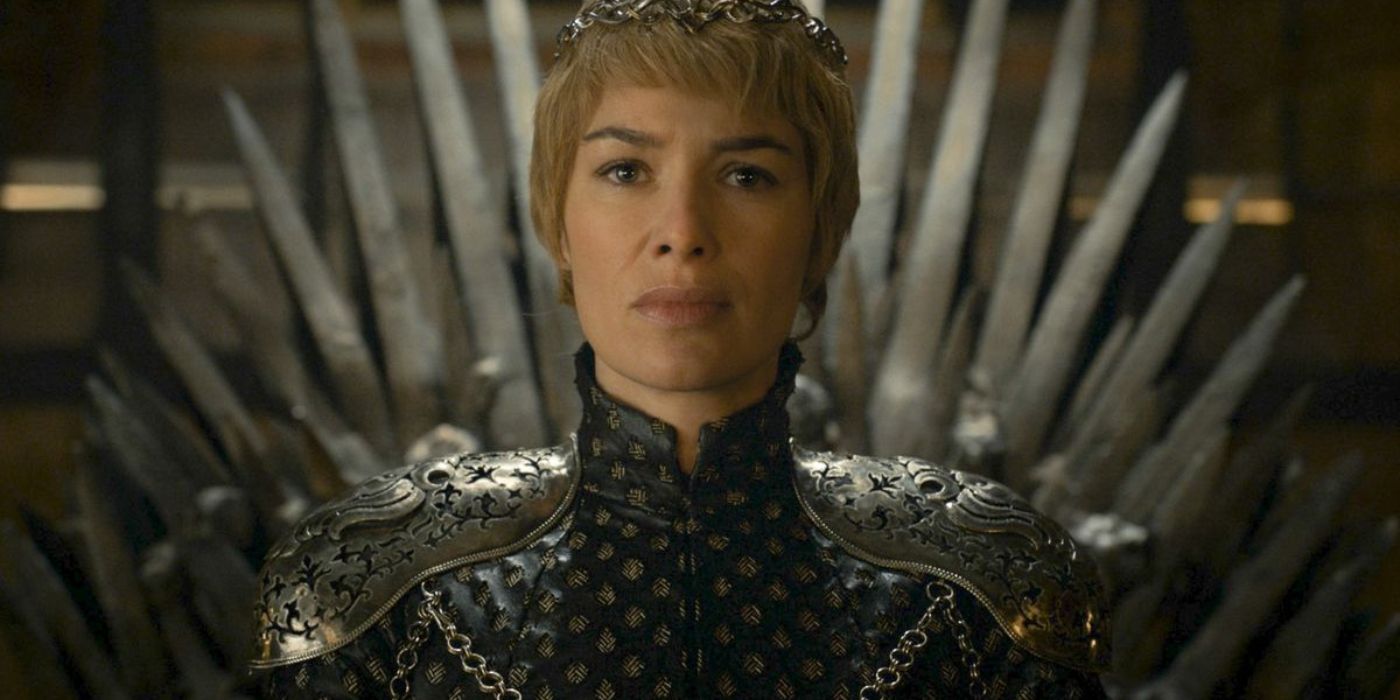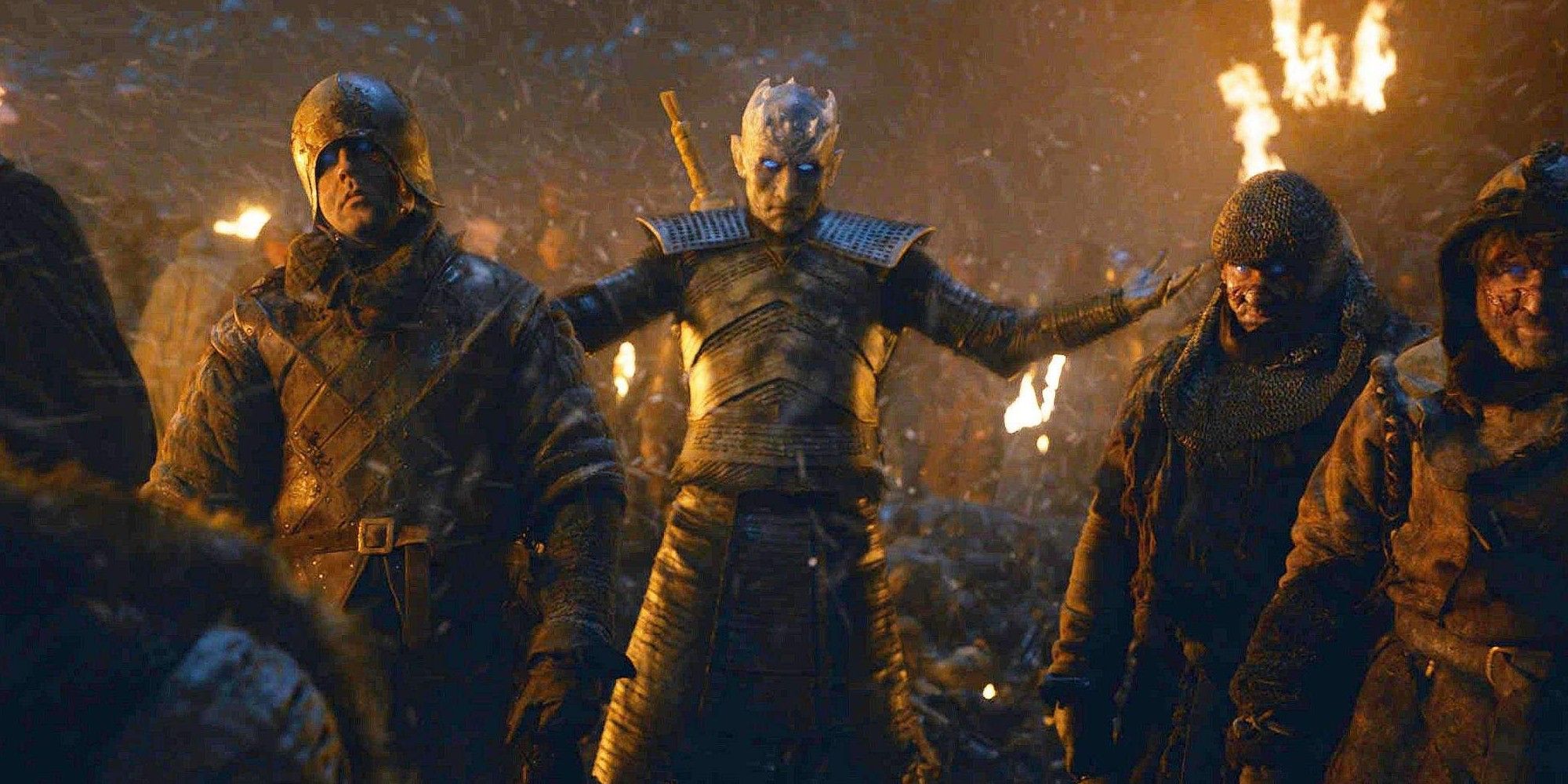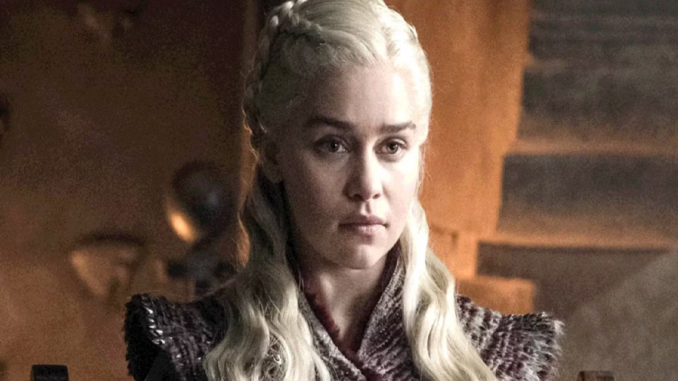
HBO has since worked to rebuild the franchise’s reputation through spinoffs like House of the Dragon and the upcoming A Knight of the Seven Kingdoms, with Game of Thrones‘ new movie taking the saga in a very different direction. HBO previously had no intentions of putting Game of Thrones on the big screen, despite there being discussions of such a move by author George R.R. Martin as early as 2014. In fact, the prospects of a Game of Thrones movie were crucial to Benioff and Weiss’ original plan to end the series, which might have avoided season 8’s blunder.
Game Of Thrones Is Finally Making A Movie, 5 Years After D&D’s Original Seasons 7 & 8 Trilogy Plan Was Rejected
There’s No Confirmation About What The Story Will Be For Game Of Thrones’ Movie
Since Game of Thrones’ 2019 finale, reports have abounded about various spinoff series in development. Most have been prequel shows based on novels and lore-based books by George R.R. Martin, and many with varying success. While House of the Dragon season 2 recently ended and A Knight of the Seven Kingdoms debuts in 2025, HBO notoriously canceled Game of Thrones’ The Long Night prequel after shooting a pilot episode, with Jon Snow’s sequel series being canceled while in early development. However, this is the first time a movie has been confirmed to be in the mix at HBO.
Though the idea of putting Game of Thrones on the big screen seems like a logical move given its fantastical elements, cinematic battles, and massive scale, HBO was averse to the idea when Benioff and Weiss proposed such a move prior to seasons 7 and 8. Originally, the showrunners planned to conclude Game of Thrones with a movie trilogy in place of the 13 episodes that were divided between the final two seasons. Benioff and Weiss had intended to craft these movies for a theatrical release, but HBO’s parent company rejected this change in format.
Instead, Benioff and Weiss had to adjust their plan for concluding Game of Thrones, which resulted in two very divisive seasons. Though previous outings boasted ten episodes each, Game of Thrones season 7 only had seven episodes, with season 8 being even shorter at just six episodes to wrap up the characters’ long-developed stories. Given the widespread disappointment over Game of Thrones’ conclusion on the small screen, the question remains of whether HBO could have yielded a more successful ending by agreeing to a theatrical shift eight years ago.
Why HBO Refused To Let Game Of Thrones Conclude With 3 Movies
Theatrical Movies Weren’t In HBO’s Business Model
In the years since Game of Thrones’ finale controversy, new details have emerged about the showrunners’ movie trilogy plans and why they didn’t move forward. According to Benioff in a 2024 profile with the Wall Street Journal, HBO executives responded by reminding them they “were making a show for ‘Home Box Office,’ not ‘Away Box Office.’” According to James Hubberd’s 2020 nonfiction book Fire Cannot Kill a Dragon: Game of Thrones and the Official Untold Story of the Epic Series, HBO executives further reiterated that making theatrical movies was not their business model.
It was arguably a fair move for HBO to make at the time. It wouldn’t make much business sense for HBO to tell their subscribers that they had to buy tickets at the movie theater in order to find out how the story that they’ve spent six years watching on their TVs finally comes to an end. The case might have been different if Benioff and Weiss had approached HBO about such a move after Game of Thrones’ main plot ended, with movies serving as optional sequels instead. For instance, Sex and the City made two sequel movies after concluding the series on HBO in 2004.
How D&D’s Movie Trilogy Plan Could Have Fixed Game Of Thrones Seasons 7 & 8 Complaints
Some Major Problems Could Have Been Solved With A Different Format & Release Strategy
When looking at some of the biggest complaints about where Game of Thrones season 8 went wrong, it seems that Benioff and Weiss’ movie trilogy plan could have resolved quite a few issues. It may not have resulted in the perfect Game of Thrones ending that many envisioned, especially given George R.R. Martin still hasn’t published The Winds of Winter book that covers much of the show’s later storylines, but a trilogy still had the potential to be an improvement on the hand that was dealt with seasons 7 and 8.
Though a trilogy likely would have had runtimes around two and a half to three hours each, thus coming in at around eight or nine hours total instead of seasons 7 and 8’s combined 14 hours, this may have been beneficial for the story’s exposition. One major complaint was that the last two seasons had too many repetitive filler scenes, particularly with Jon’s discussions about choosing Daenerys as his queen and not wanting the Iron Throne. In a condensed film format, we’d likely only get one strong, effective scene of moments like Jon expressing his support for Daenerys.
Despite how character-focused Game of Thrones’ last two seasons are, such developments may prove more effective with larger gaps between movies than having stark changes episode-to-episode over a short period of time. Season 7 could have effectively fit into one movie, concluding with Jon and Dany’s romance and Jaime leaving Cersei. Addressing Game of Thrones season 8’s rushed plot issues, the first half of the final season could have fit into the second movie, therefore concluding with the Battle of Winterfell and giving this event a much bigger payoff than its underwhelming placement in the middle of the season.
Game of Thrones’ infamous “Battle of Winterfell” lighting controversy may have been solved by higher quality resolution in theaters, fewer light-based distractions in the home, and seeing more details on a bigger screen.
Not to mention, the actual battles from Game of Thrones’ last two seasons might have been better served by a theatrical exhibition. Dany and Jaime’s battle in Game of Thrones’ season 7 episode “The Spoils of War” was among the highlights of that outing, and the fear-inducing showcase of Dany’s dragons on the battlefield could be elevated by a big-budget showing on the big screen. Of course, Game of Thrones’ infamous “Battle of Winterfell” lighting controversy may have been solved by higher quality resolution in theaters, fewer light-based distractions in the home, and seeing more details on a bigger screen.
A movie trilogy in theaters might not have solved all the problems cited for Game of Thrones’ divisive ending, as audiences may have still had endless debates over King Bran Stark or Jon killing Daenerys, but it still had the opportunity to lower many of the complaints that contributed to the overall sour reception of its conclusion. The backlash against Game of Thrones’ ending was the sum of its parts rather than one major issue, so its reputation today might not be spoiled to the same degree had there not been so many avoidable aspects that fueled the fire.
